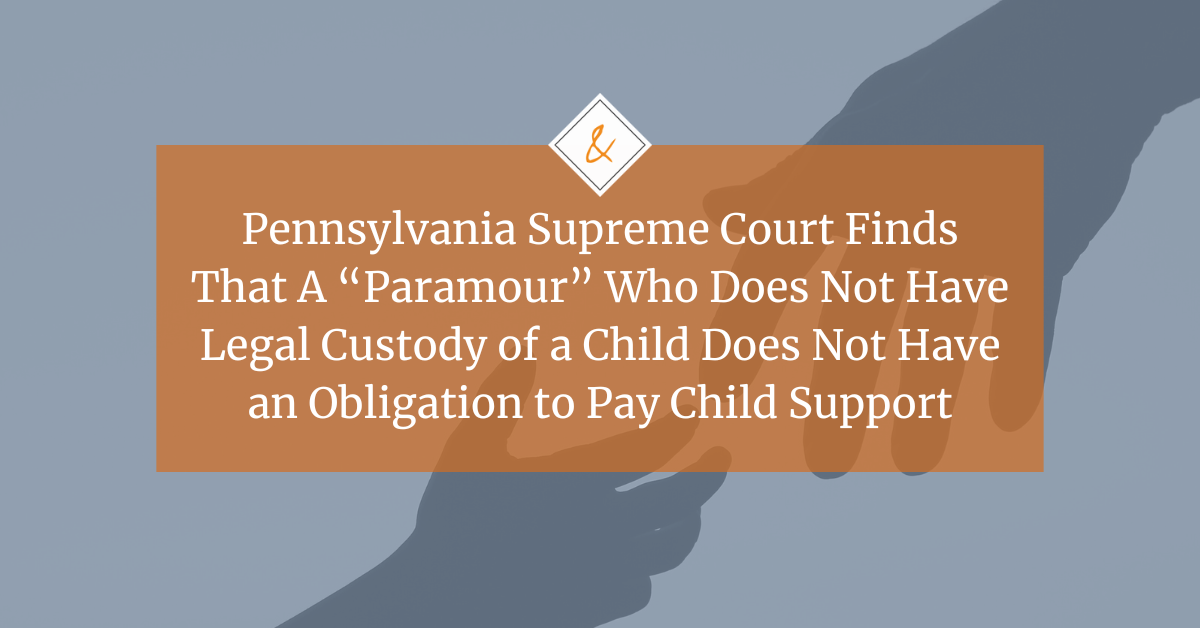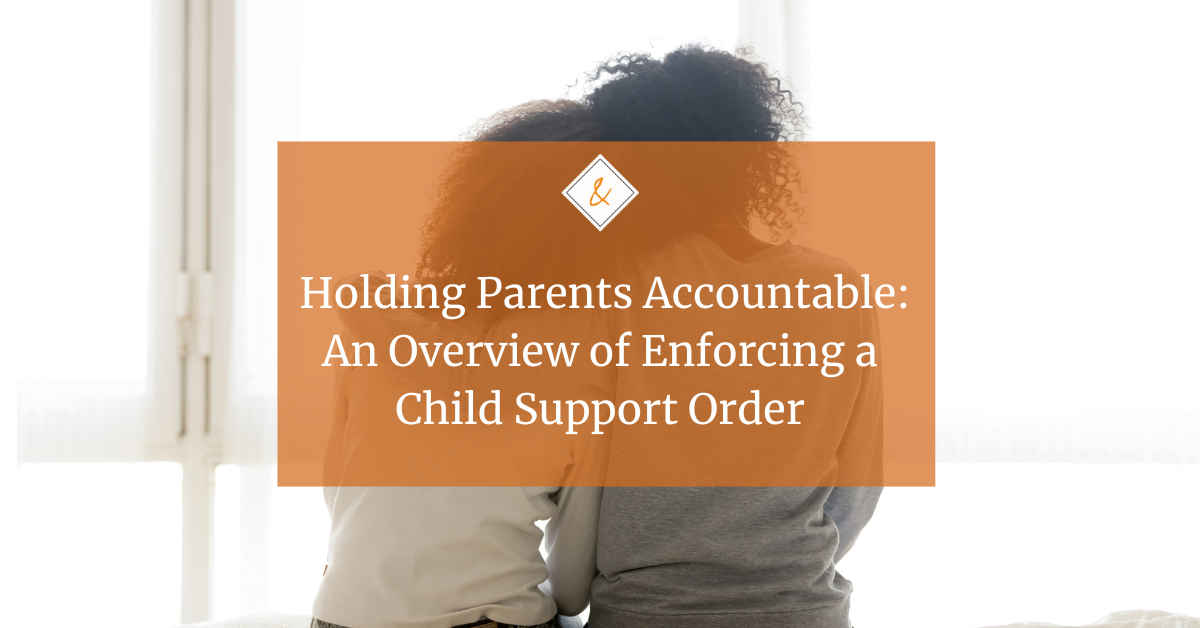What do I do if I’m afraid that my child’s other parent is going to abscond with our child to another country and never return?

As we approach the summer travel season, some concerns may arise when one parent, who is also the citizen of another country, asks if he/she can take the parties’ child with him to that country for vacation. These concerns may heighten if the parent has minimal connections to the United States and a large amount of family and resources in their home country.
If the parent truly fears that the traveling parent may abscond with the child and never return, there are several steps which can be taken in an attempt to prevent this result.
I will preface this article by stating that in my time as a law clerk, my judge encountered a case with a similar fact pattern. A discussion with a representative from the state department whom my judge knew, reiterated one key point – if a parent truly fears that the other parent will abscond with the child, there is not much which can be done after the fact.
This includes situations where the parent absconds with the child to countries that are signatories to the Hague Convention on International Abduction. Although this treaty is supposed to supply a quick method to return a child internationally abducted, the representative informed me that often the amount of red tape involved still makes it extremely difficult to get the child back. Appropriate safeguards must be put in place prior to any travel which can serve as a deterrent to the parent contemplating this course of action.
If the child does not have a passport yet, U.S. Law requires the signature of both parents prior to issuance of a U.S. passport to children under the age of 16. However, there are exceptions to this rule.
As an added layer of protection you may ask that your child’s name be entered into the State Department’s Children’s Passport Issuance Alert Program (“CPIAP’) by contacting the Office of Children’s Issues’ Prevention Unit. This will enable the Department to notify you if an application for a U.S. passport for the child is received anywhere in the United States or at any U.S. embassy or consulate abroad.
If you have a court order that either grants you sole custody, joint legal custody, or prohibits your child from traveling without your permission or the permission of the court, the Department may refuse to issue a new or renewal U.S. passport for your child. The Department may not, however, revoke a passport that has already been issued to the child. There is also no way to track the use of a passport once it has been issued, since there are no exit controls for people leaving the U.S.
In situations where the child already has a passport, they can still be enrolled in the CPIAP, which then allows the state department to notify the parent if an application for renewal of the passport is received. Further, the concerned parent can petition the court and ask that either the court or a neutral third-party to hold the passports. It is also advisable to petition the court for a custody order that prohibits the removal of your child from the U.S. by the potentially absconding parent or anyone acting on his/her behalf.
Without a specifically worded custody order with minor child travel restrictions, law enforcement and airline personnel may not act to prevent your child from being taken out of the U.S.
Another option is for the non-traveling parent to petition the court for an emergency hearing which includes a bond hearing. In the situation I referenced earlier, my judge held a bond hearing and required the traveling parent post a bond in the amount of $50,000 if he did not return to the U.S. with the child. The hearing is meant to determine the potentially absconding parent’s ability to pay a bond and their reasons for wanting to travel abroad with the child. In addition to a bond, the order listed costs the parent would be liable for if they did not return with the child. The parent in that particular case eventually decided not to travel with the child.
It is important that you discuss any concerns relating to potential international abduction of your child with an experienced family law attorney.


